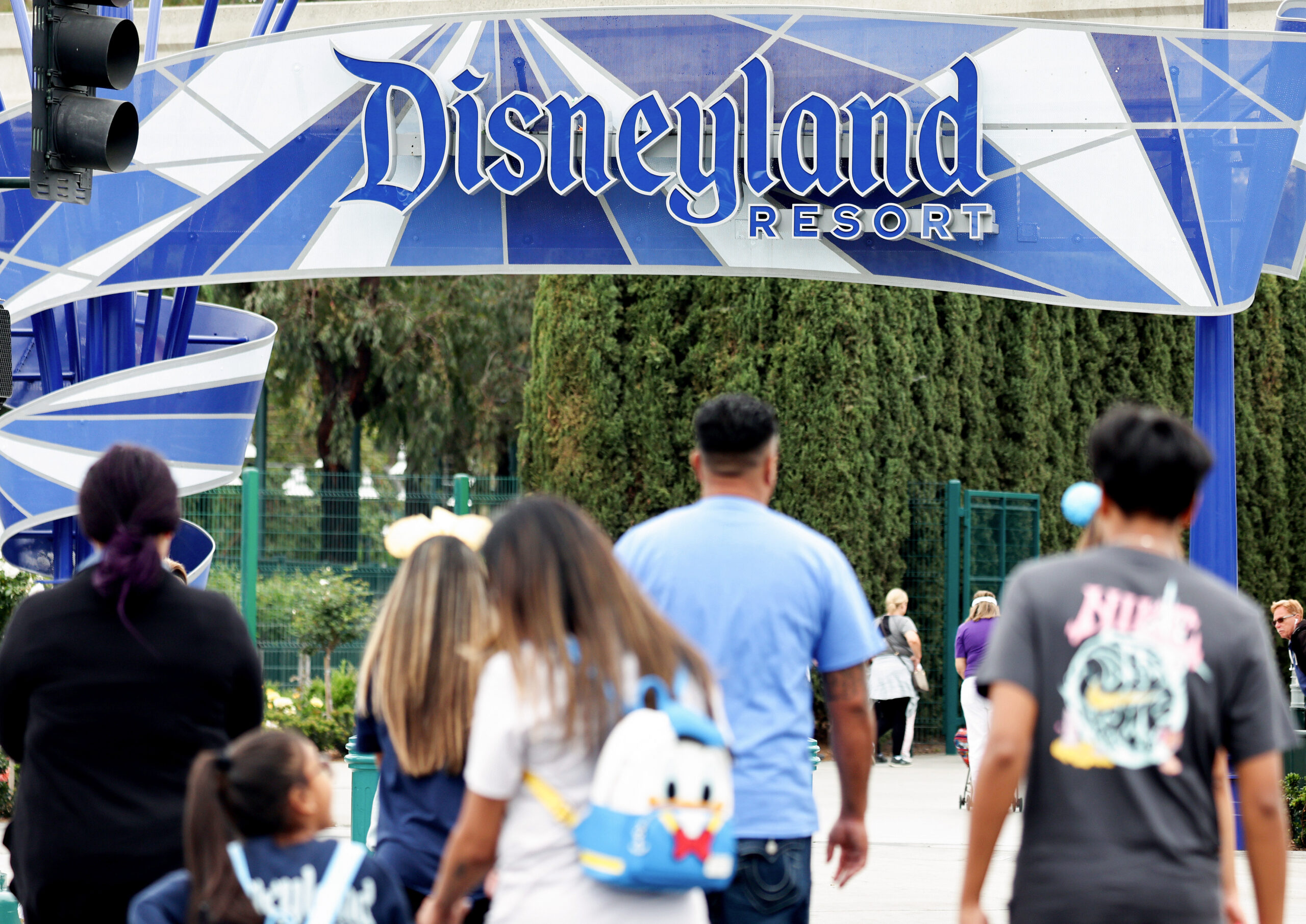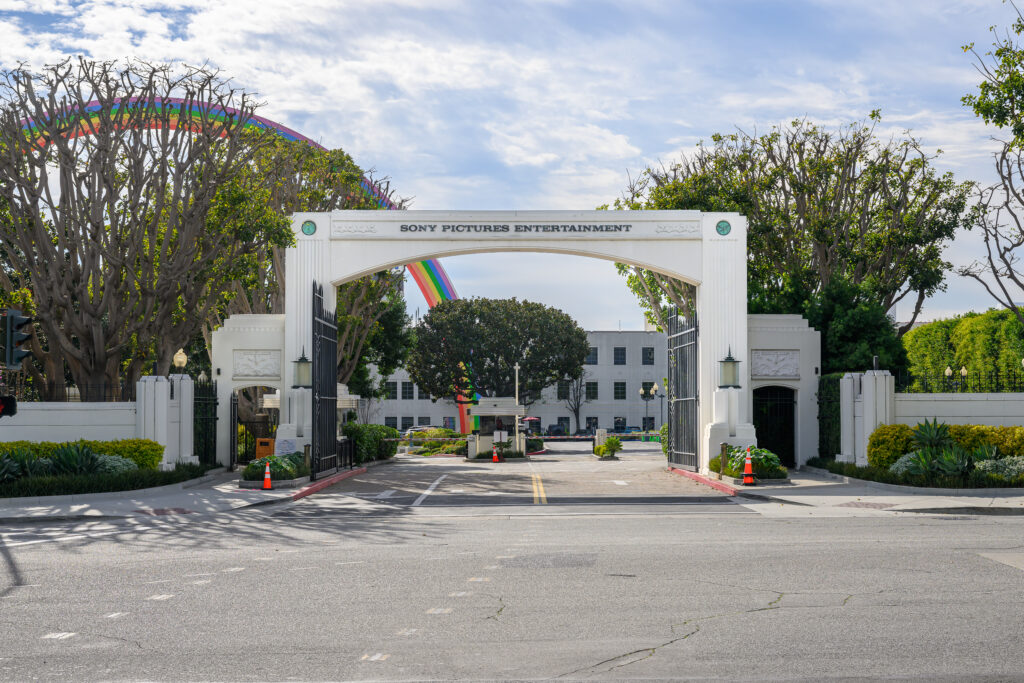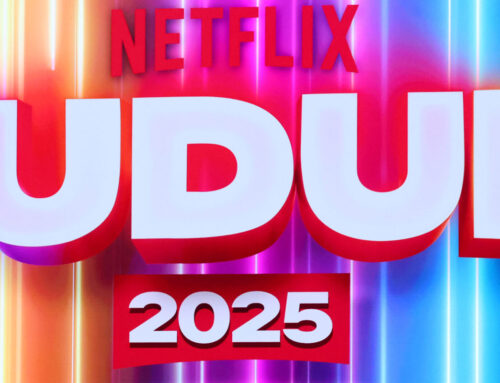A $60 Billion Vision: Disney’s Strategic Focus on Theme Parks
Disney’s commitment to its theme park empire has never been more resolute, evidenced by its ambitious $60-billion blueprint poised to unfold over the next decade. Since the inauguration of Disney’s first theme park by Walt Disney in 1955, the conglomerate’s tourism arm has burgeoned into a juggernaut, boasting staggering annual revenues and sprawling complexes in Anaheim, Orlando, Paris, Shanghai, Hong Kong, and Tokyo.
Venturing into a new chapter of expansion, the entertainment behemoth is primed to channel $60 billion into its experiential realm over the coming decade, encompassing theme parks, resorts, cruise lines, and merchandise ventures.
Recent green lights from the Anaheim city council signal an imminent expansion at Disneyland Resort, potentially unleashing a development tidal wave estimated at no less than $1.9 billion. This initiative is poised to introduce novel attractions alongside a tapestry of hotel accommodations, retail havens, and culinary delights. The rationale behind this colossal investment is clear: amid revenue headwinds stemming from shifting consumer trends such as cord-cutting and the streaming wars, Disney’s theme parks stand as steadfast bastions of prosperity.
Carissa Baker, an expert in theme park and attraction management at the University of Central Florida’s Rosen College of Hospitality Management, underscores the enduring appeal and financial prowess of Disney’s theme parks, hailing them as unrivaled champions within the industry.
The fiscal dominance of Disney’s experiences division, underscored by its robust theme park portfolio, has emerged as the linchpin of the company’s revenue streams, contributing a staggering 70% to its operating income in the most recent fiscal year. The narrative pivoted drastically in 2019 when the global theme park landscape witnessed an unprecedented surge in attendance, only to be blindsided by the onset of the pandemic the following year.
With the temporary closure of its parks, Disney grappled with an $81 million operating loss in 2020. However, the fervent demand from visitors post-reopening catapulted theme park revenues to heights unattainable by conventional cinema outlets.
The Disneyland Resort’s ambitious expansion initiative, dubbed DisneylandForward, is slated to invigorate the 490-acre park, enriching visitor experiences with a kaleidoscope of attractions, culinary delights, and retail offerings.
Disneyland’s tradition of evolution, marked by the phased introduction of new attractions while phasing out antiquated ones, exemplifies the park’s commitment to perpetual innovation and visitor engagement.
As Disney’s rivals intensify their efforts in the theme park arena, the entertainment titan remains acutely aware of the need for continuous reinvention and investment in order to maintain its competitive edge.
The forthcoming succession of Disney’s top leadership, coupled with the pivotal role of the parks in the company’s financial narrative, underscores the indomitable significance of its theme park arm in shaping its future trajectory.
SOURCE: LA Times
Share:
Disney’s commitment to its theme park empire has never been more resolute, evidenced by its ambitious $60-billion blueprint poised to unfold over the next decade. Since the inauguration of Disney’s first theme park by Walt Disney in 1955, the conglomerate’s tourism arm has burgeoned into a juggernaut, boasting staggering annual revenues and sprawling complexes in Anaheim, Orlando, Paris, Shanghai, Hong Kong, and Tokyo.
Venturing into a new chapter of expansion, the entertainment behemoth is primed to channel $60 billion into its experiential realm over the coming decade, encompassing theme parks, resorts, cruise lines, and merchandise ventures.
Recent green lights from the Anaheim city council signal an imminent expansion at Disneyland Resort, potentially unleashing a development tidal wave estimated at no less than $1.9 billion. This initiative is poised to introduce novel attractions alongside a tapestry of hotel accommodations, retail havens, and culinary delights. The rationale behind this colossal investment is clear: amid revenue headwinds stemming from shifting consumer trends such as cord-cutting and the streaming wars, Disney’s theme parks stand as steadfast bastions of prosperity.
Carissa Baker, an expert in theme park and attraction management at the University of Central Florida’s Rosen College of Hospitality Management, underscores the enduring appeal and financial prowess of Disney’s theme parks, hailing them as unrivaled champions within the industry.
The fiscal dominance of Disney’s experiences division, underscored by its robust theme park portfolio, has emerged as the linchpin of the company’s revenue streams, contributing a staggering 70% to its operating income in the most recent fiscal year. The narrative pivoted drastically in 2019 when the global theme park landscape witnessed an unprecedented surge in attendance, only to be blindsided by the onset of the pandemic the following year.
With the temporary closure of its parks, Disney grappled with an $81 million operating loss in 2020. However, the fervent demand from visitors post-reopening catapulted theme park revenues to heights unattainable by conventional cinema outlets.
The Disneyland Resort’s ambitious expansion initiative, dubbed DisneylandForward, is slated to invigorate the 490-acre park, enriching visitor experiences with a kaleidoscope of attractions, culinary delights, and retail offerings.
Disneyland’s tradition of evolution, marked by the phased introduction of new attractions while phasing out antiquated ones, exemplifies the park’s commitment to perpetual innovation and visitor engagement.
As Disney’s rivals intensify their efforts in the theme park arena, the entertainment titan remains acutely aware of the need for continuous reinvention and investment in order to maintain its competitive edge.
The forthcoming succession of Disney’s top leadership, coupled with the pivotal role of the parks in the company’s financial narrative, underscores the indomitable significance of its theme park arm in shaping its future trajectory.
SOURCE: LA Times









